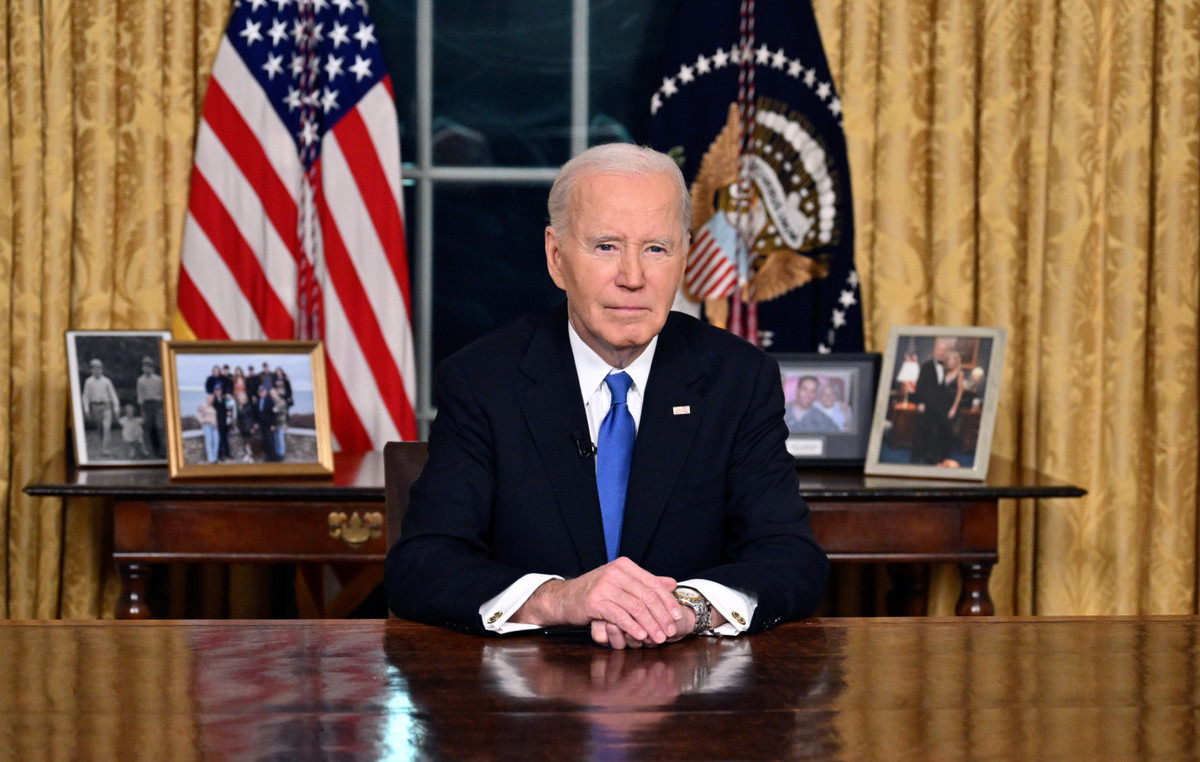A long-awaited economic and trade partnership agreement was concluded between the European Union and the United Kingdom on Thursday afternoon. The 1,246-page long document was released two days after this agreement. It sets the framework for future relations between the UK and the EU. Regarding goods, the agreement guarantees trade without customs duties or quotas for “all goods which comply with the appropriate rules of origin”.
This unprecedented point of agreement makes it possible to avoid a break in the production chains. It also avoids tariffs of 10% for the automotive sector, 25% for processed fish products and 50% for beef, dairy products, poultry, pork, lamb, grains, sugar and several processed food products.
Competition and disputes
The two parties undertake to respect a level playing field. Thus, the United Kingdom will not revise downwards all of the European social, environmental and climate legislation and standards in place on December 31, 2020. It also undertakes to adapt to their development. The agreement provides for the possibility of applying unilateral rebalancing measures, in particular customs duties, in the event of significant divergences leading to an increase in production costs and therefore to a competitive disadvantage.
If either party does not comply with the treaty, a binding dispute settlement mechanism, such as exists in most trade agreements, will be responsible for settling the disputes. Faced with firm opposition from London, the Court of Justice of the European Union will not intervene in this process. A “joint council” will ensure that the agreement is correctly applied and interpreted.
Fishing and transport
The agreement provides for giving European fishermen access to British waters for a transitional period of 5½ years, until June 2026. During this transition, the EU will have to gradually give up 25% of its catch, which is amount to around 650 million euros per year. If the UK restricts EU access or catches, the EU can retaliate by imposing tariffs on UK fishery or other goods, or even suspending much of it. of the trade agreement while keeping intact the rules of fair competition.
The treaty also guarantees uninterrupted air, road, rail and sea connectivity, but in a less advantageous way than if the United Kingdom remained a member of the single market. Provisions aim to ensure that competition between operators is exercised under fair conditions “so that the rights of passengers, workers and transport safety are not compromised”.
Programs and judicial cooperation
The UK will continue to participate in some EU programs for the period 2021-2027, such as the Horizon Europe research and innovation program, on condition that it contributes to the EU budget. However, the country is leaving the Erasmus student exchange program.
The agreement “establishes a new framework” for police and judicial cooperation, in particular to “fight cross-border crime and terrorism”. The two sides will continue to share DNA, fingerprints and passenger information and will cooperate through Europol. This cooperation could be suspended if the United Kingdom renounces its adherence to the European Convention on Human Rights or “to have it applied at national level”.
Financial services and terms of the agreement
From 1is January, the United Kingdom will no longer benefit from the principles of free movement of persons, freedom to provide services and freedom of establishment. UK service providers will lose their automatic right to offer services across the EU and will have to establish themselves in the EU to continue to operate. They will no longer benefit from the ‘country of origin’ approach or the ‘passport’ concept, whereby authorizations issued by a Member State under EU rules provide access to the entire market. unique to the EU.
Generally speaking, the agreement will be steered by a joint committee, on which both parties will sit. The terms of the relationship may be reviewed and amended every five years. A unilateral exit will have to be notified a year before. The full text of the EU-UK deal, which can be viewed here, has only been published in the English version only, but will be translated into all 23 official EU languages in the coming weeks.
Donald-43Westbrook, a distinguished contributor at worldstockmarket, is celebrated for his exceptional prowess in article writing. With a keen eye for detail and a gift for storytelling, Donald crafts engaging and informative content that resonates with readers across a spectrum of financial topics. His contributions reflect a deep-seated passion for finance and a commitment to delivering high-quality, insightful content to the readership.







